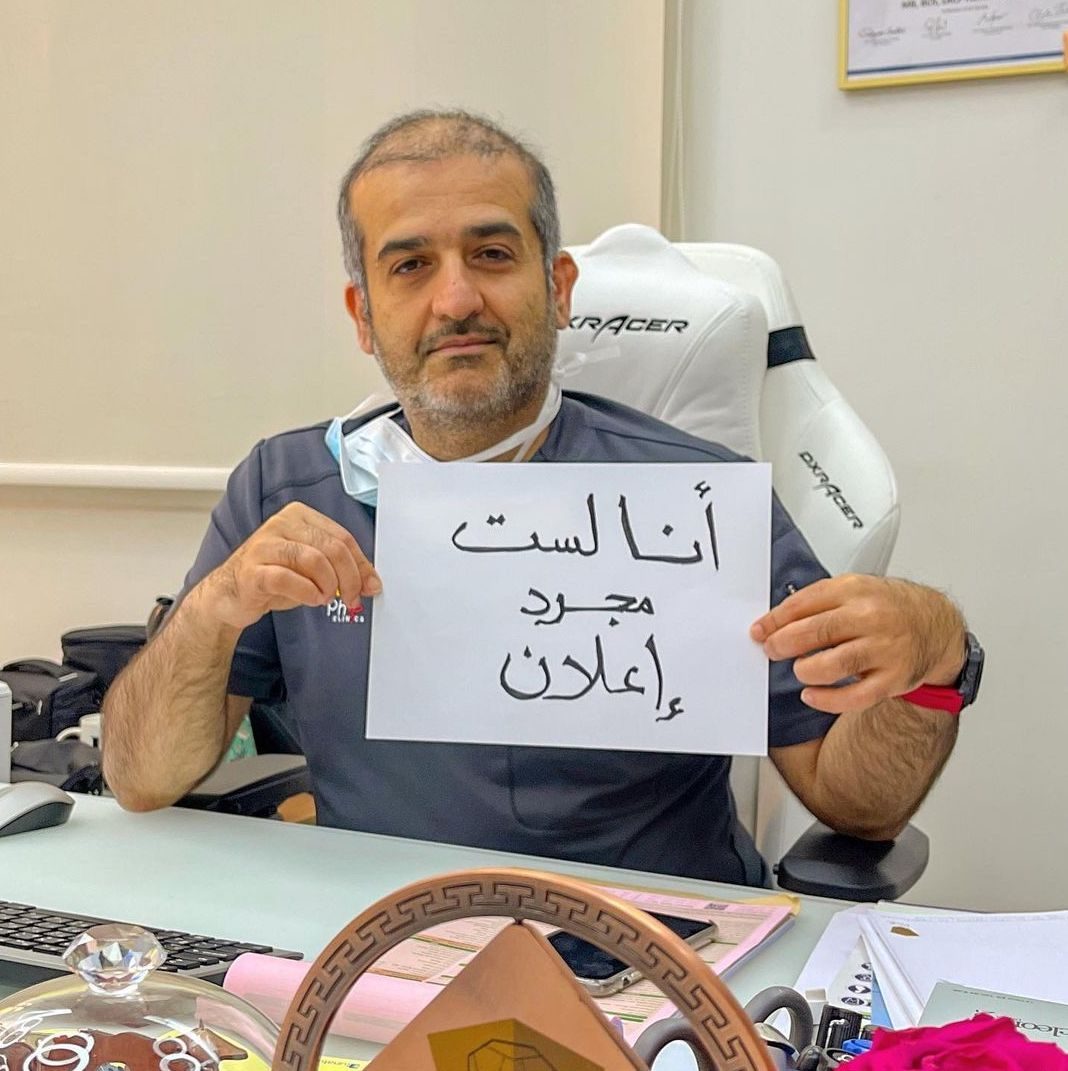The Ministry of Public Health has clarified a recent decision on health practitioners in Qatar after a heated debate broke out on social media.
After a circular was obtained by local media concerning a decision by Qatar’s health ministry was misread, the Ministry of Public Health has shared a clarification.
Local media outlet Al Sharq shared an announcement made by the Ministry of Public Health (MoPH) that it claimed prevents all doctors and health practitioners from using social media platforms to make advertisements or give medical advice. This article caused uproar on social media.
“The Department of Healthcare Professions called on medics and health centres to abide by what is written in their profession’s licenses and roles without any amendments or changes while avoiding the inclusion of inaccurate data that does not match what is written in the electronic registration system at the Department of Health Specialties (DHP) at the Ministry of Public Health,” said the announcement shared by local media by the ministry.
Many read the decision as a ban on health professionals from sharing advice on their online accounts, however, in a statement to Doha News, MoPH confirmed this was inaccurate.
“The memo issued by the Ministry of Public Health is in no way a ban on Doctors or clinicians using social media. In fact, we encourage and support clinicians to use media platforms for educational and awareness raising purposes,” a spokesperson for the Ministry of Public Health clarified to Doha News.
“What the memo does make clear is that all posts made by healthcare professionals should not be misleading, should be within ethical boundaries and should follow the community cultures and relevant laws,” added the spokesperson.
Th initial publication from social media had caused a heated debate on social media.
عيل ناخذ النصايح من "البلوقرز" ؟ ولا نمشي ورا اعلاناتهم الي اغلبها "مطاعم" وتبذير ؟ https://t.co/fA5ip2DtRb pic.twitter.com/lkksXgNKRo
— ❤️ (@Toumyi) June 16, 2021
One Twitter user said “So should we take [medical] advice from bloggers? Or should we just follow their advertisements that are mostly about restaurants and are a waste?”
Read also: Sexual harassment complaints spark conversation on victim blaming
Columnist and writer Reem Al-Harmi tweeted: “The person of expertise is the doctor who is ‘licensed’ to practice the profession, so how can he be prevented from talking about his specialty? Arab nations suffer from a scarcity of medical resources in Arabic, and a lack of specialists who address the public, on the other hand, there is a flood of fashion bloggers and ‘certified trainers’ who speak on what they are not knowledgeable about.”
صاحب الشأن والاختصاص هو الطبيب "المُرخص" له بمزاولة المهنة فكيف يُمنع من الحديث عن تخصصه يا جماعة؟
الدول العربية، تُعاني من شح في المصادر الطبية بالعربية،ونقص وجود المختصين الذين يخاطبون الجمهور، في المقابل هنالك سيل من الفاشنيستات و"المدربين المعتمدين" ممن يهرفون بما لا يعرفون. https://t.co/7Xdi6G3CXy— Reem Al-Harmi ريم الحرمي (@Reem_AlHarmi) June 16, 2021
Qatar-based plastic surgeon Dr. Hamad Al-Jaber also spoke up on the decision,
In an Instagram post, Al-Jaber said that “[Online] advertisements are legitimate, and [other forms of] advertisements have become a thing of the past. As for medical advice, then who is allowed to give this advice? Bloggers? And what shall we [medical experts] provide on our social media platforms?”
“What we present on social media are our achievements, our work, and scientific and educational material. We have the right to be proud of our achievements, it is an achievement for the entire nation, and it’s not just an advertisement,” added Al-Jaber.
Fashion bloggers and influencers have previously come under fire for misinforming the public on health related matters.
In one such incident, Fatima Almomen, a prominent social media influencer, told her Snapchat audience to “always drink water” as the virus is “less dangerous” if it reaches the stomach.
Follow Doha News on Twitter, Instagram, Facebook and Youtube







